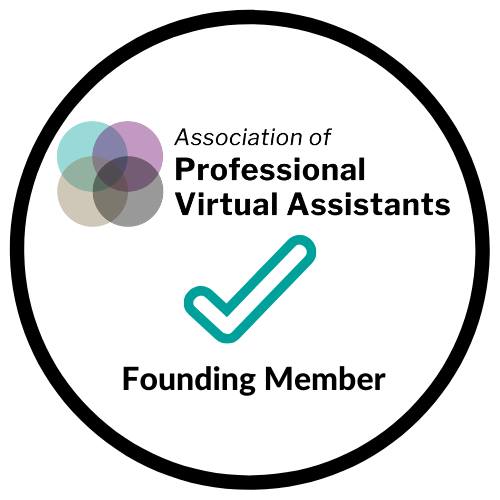How to give up control and start delegating
As a small business owner, it’s understandable that you want to have control over every aspect of your business. You’ve put in the time, effort, and money to get your business off the ground, and it’s natural to want to be involved in everything. However, trying to do everything yourself can lead to burnout, frustration, and ultimately, the failure of your business. That’s why it’s crucial to learn how to give up control and start delegating.

Delegating is an essential skill that can help you grow your business, reduce stress, and free up your time to focus on the bigger picture.
Here are some tips on how to start delegating:
Determine what tasks you can delegate:
Before you can start delegating, you need to determine which tasks you can delegate. Make a list of all the tasks you’re responsible for and identify which ones can be done by someone else. For example, administrative tasks, customer service, social media management, and bookkeeping are all tasks that can be delegated.
Identify the right person for the job:
Once you know which tasks you can delegate, you need to identify the right person for the job. Look for someone with the skills, experience, and temperament to do the job well. You may need to train someone if they don’t have all the skills necessary, but it’s important to find the right person for the job.

Communicate clearly:
When you delegate tasks, it’s essential to communicate clearly. Provide clear instructions, deadlines, and expectations for the job. Make sure the person you’re delegating to understands what’s expected of them and has the resources they need to complete the task.
Trust your team:
Delegating means trusting your team to get the job done. It’s important to have confidence in your team and their abilities. Micromanaging or second-guessing your team members can be counterproductive and undermine their confidence.
Provide feedback:
Once the task is completed, provide feedback to your team member. Let them know what they did well and what they can improve on. This feedback can help them grow and improve their skills, making them an even more valuable member of your team.
Delegating can help you grow your business in several ways:
Free up your time:
Delegating tasks can free up your time to focus on the bigger picture. You can spend your time on strategic planning, networking, and growing your business instead of getting bogged down in administrative tasks.
Improve efficiency:
Delegating tasks to someone who is skilled and experienced can improve efficiency. They can complete tasks faster and more accurately than you may be able to, freeing up even more time for you to focus on growing your business.
Build a strong team:
Delegating tasks can help you build a strong team. By giving team members more responsibility, you can help them grow and develop their skills. This can lead to a more engaged, motivated, and loyal team that is invested in the success of your business.

In conclusion, learning to give up control and start delegating can be a game-changer for small business owners. By delegating tasks, you can free up your time, improve efficiency, and build a strong team. It may be challenging to let go of control, but it’s essential for the long-term success of your business.
Use the tips above to start delegating and watch your business grow!
Images by Gerd Altmann, StartupStockPhotos and radioconcept from Pixabay.











